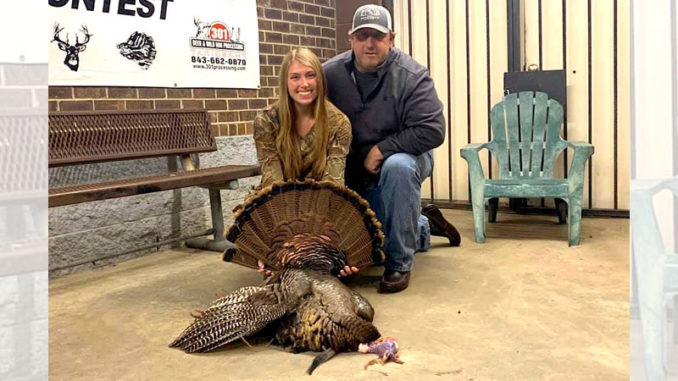
Target non-dominant longbeards when they’re grouped up
Turkey hunters in South Carolina Game Zones 3 & 4 have been killing their share of gobblers since opening day last week. The rest of the Palmetto State will join in soon, and then North Carolina hunters will get their shot. But some hunters have not been so lucky. Numerous reports have gobblers still hanging out in large groups with lots of hens and a handful of males. That’s not uncommon early in the season, said Steve Drummond of 301 Processing and Taxidermy (843-662-0870). But he said hunters can overcome it.
“You’ll see a lot of gobblers this time of year still in big groups. The males have their hens with them first thing in the morning. And in some areas, males are still in small clusters within a big group of hens. It can be difficult to lure the dominant gobbler away when he’s got all he needs right there with him,” said Drummond.
Drummond said in this case, the most dominant tom in the group may not pay a bit of attention to your calls or decoys. But the other males in that group will, if you tempt them just a little.
“These aren’t necessarily jakes, but longbeards that just happen to not be in charge of that particular group. They’re looking for love just like the dominant bird is. But they’re in for a tail-whipping if they try it in front of their dominant male. Those are the birds you want to call to,” he said.
The best time to lure them away is early in the morning, right after they fly down from their roost.
Be loud and aggressive in your turkey calling
“Like always, you’re going to help yourself a lot more if you know where the turkeys are roosting. Just a little scouting the evening before your hunt should do. Once you see where they are roosting, just be there first thing the next morning in their path,” he said.
And once they fly down and it’s legal shooting time, Drummond said hunters need to be aggressive with their calling.
“I know other hunters that have success calling softly and sparingly. But in this situation, I call loud and aggressively. I might only call once if a longbeard responds right away by breaking away from the group and heading my way. But it’s going to be a loud call. And if one or more of them calls back, but doesn’t leave the group, I keep it up. Whatever they call to me, I call the same thing right back. I’m challenging them, and usually that’s all it takes this time of year,” he said.
Drummond said calling softly and sparingly in this situation will often result in the whole flock passing by and carrying on their day like normal.
“Once they pass by that location in the early morning, you’ll be hard pressed to turn them back. You just about can’t do it. So you need to really challenge them first thing. And you need to be ready. If everything goes your way, that turkey can be headed your way in a matter of minutes after leaving the roost,” he said.

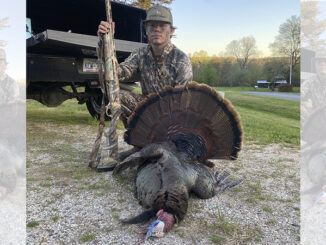
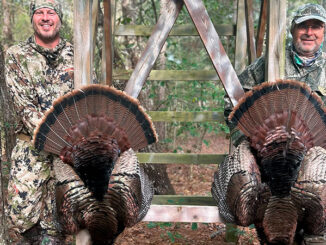
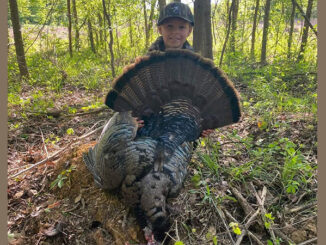
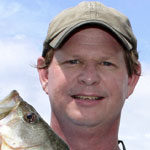
Be the first to comment